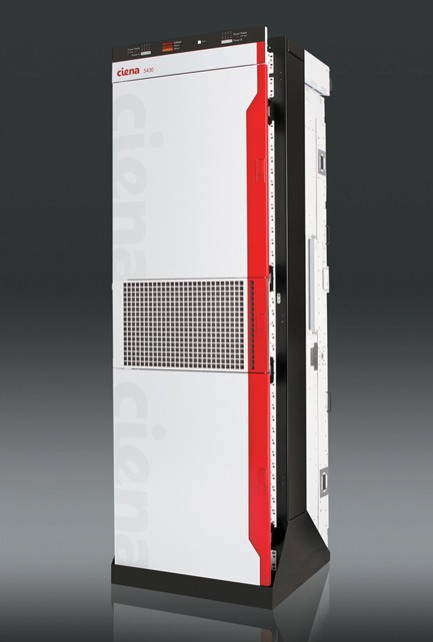Endangered Companies: Add Ciena, MIPS, OpenWave to Yahoo, RIM

Add Ciena to the list of undervalued companies that have attracted activist investors. It joins MIPS Technologies, Openwave Systems, Yahoo, Research in Motion and maybe Motorola Solutions in the ranks of endangered companies.
The reason: activist shareholders, striking in a year when the Nasdaq 100 Technology Sector Index has fallen 10.4 percent and shares of these companies have fallen more, are buying in. If they prove true to form, they will try to shake things up.
Shares of networking products maker Ciena jumped nearly 9 percent Tuesday after George Soros announced acquisition of a 4.99 percent passive stake. Soros, the global hedge fund manager, isn't known for investing passively.
Ciena, based in Linthicum, Md., has been battered just like industry leader Cisco Systems, itself down 20 percent this year. The enterprise value of Ciena is $2.2 billion.
Meanwhile, Openwave Systems, the wireless software developer in Redwood City, Calif., removed CEO Ken Denman, one of the most prominent African Americans in technology, after major shareholders Starboard Value, which owns a 9.9 percent stake, wanted better performance. Starboard Value executive Peter Feld became chairman as the board looks for a new CEO.
Enterprise value for Openwave is only $69.2 million.
MIPS Technologies, one of the chip leaders of another era, is also a Starboard Valuet target. The investor has taken a 9.1 percent share in the Sunnyvale, Calif., pioneer in advanced microprocessors that powered the original Silicon Graphics workstations and supercomputers.
Starboard Value announced it will try to elect four new directors to unlock significant value in MIPS, whose enterprise value is $179 million. Founded in 1984, the former MIPS Computer Systems was acquired by Silicon Graphics in 1992, then spun out again in 1998.
One of its pioneer engineers was John Hennessy, now president of Stanford University and Google director.
Already potentially in play are Yahoo, of Sunnyvale, Calif., where activist investor Daniel Loeb's Third Point fund has acquired a 5.1 percent interest and demanded a shakeup. The investment came after Yahoo fired CEO Carol Bartz last week and then hired Allen & Co. for strategic advice.
Yahoo's enterprise value is a whopping $15.5 billion, which suggests it could be acquired by a company with deep pockets, such as Facebook or Berkshire Hathaway, or a Chinese partner such as Alibaba or Renren.
Alternatively, a Yahoo takeover might tempt private equity (PE) buyers such as Bain Capital and Providence Equity Partners, which might eye Yahoo's cash mountain of $3.25 billion on June 30. That could be used to help Yahoo pay down any debts incurred as part of going private and pay big fees to investment bankers.
Meanwhile, don't forget BlackBerry maker Research in Motion, where Canadian activist Victor Alboini is trying to build up a stake, now less than 5 percent, and rattle other investors. More will come later this week when RIM reports second quarter results.
RIM's enterprise value is $13.4 billion, again making it a takeover candidate for only the biggest companies or PE firms.
Finally, don't forget Carl Icahn who started buying into old Motorola in 2007. Last year, the company split in two. Last month, Google said it plans to acquire Motorola Mobility for $12.5 billion. Icahn said he was delighted.
Icahn is still one of the biggest holders of Motorola Solutions, the Schaumburg, Ill.-company that retained Motorola's defense and communications businesses including Symbol Technologies.
Motorola Solutions shares have gained more than 11 percent this year, which ought to make Icahn happy. He owns 9.3 percent, valued around $1.3 billion. The company's enterprise value is $9.53 billion.
Icahn is still the biggest shareholder of Mentor Graphics, the Wilsonville, Ore., computer-aided design software developer for chips. He has a 21 percent stake. That's helped Mentor Graphics gain about 2 percent for the past year, probably not enough to please Icahn, who put three directors on the board in May.
Mentor's enterprise value is $1.23 billion.
© Copyright IBTimes 2025. All rights reserved.





















